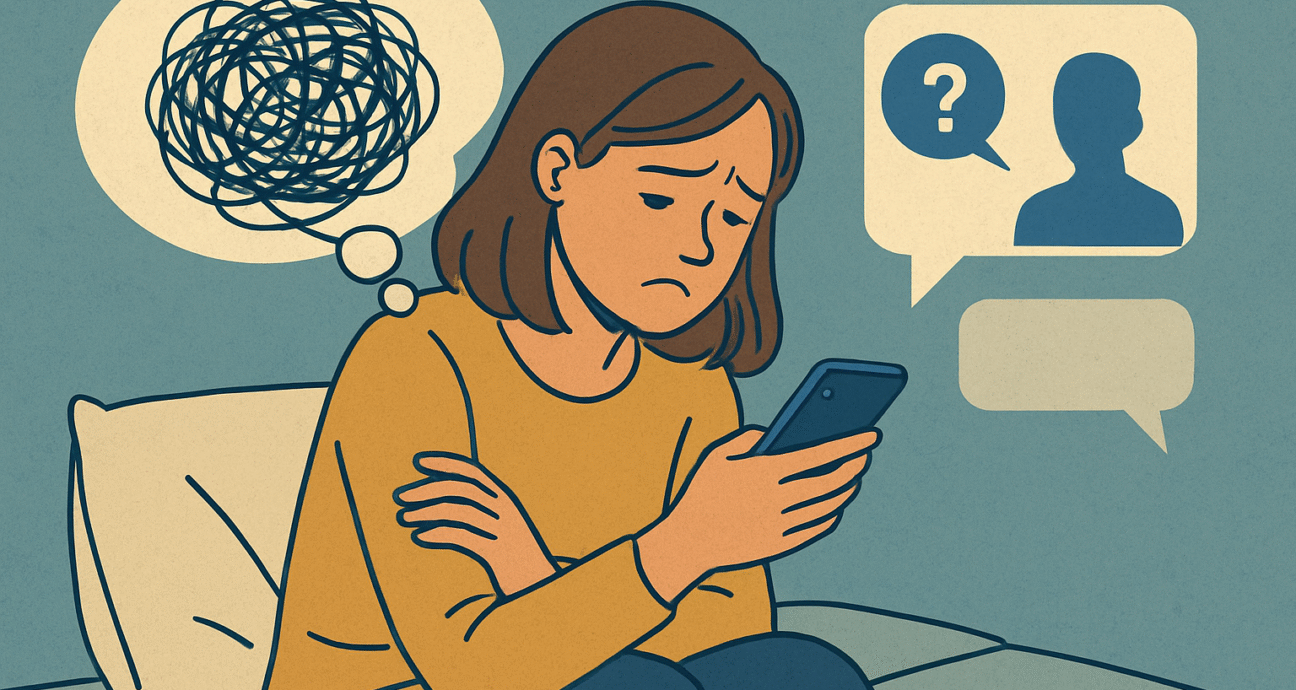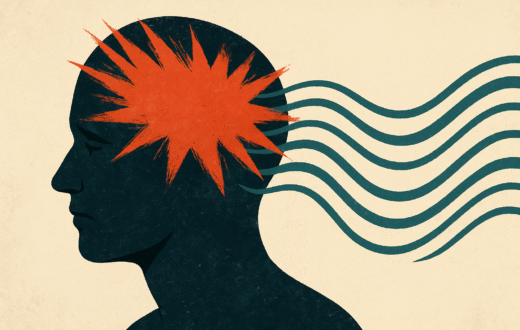Ghosting vs. Rejection: Which Hurts More?

Most people who have ever been ghosted while dating know how unsettling it feels when someone suddenly disappears without explanation. Past research has shown that ghosting triggers negative emotions, but much of that evidence came from retrospective studies. In such studies, participants recalled a past ghosting experience, sometimes from years ago, which may have distorted their memories.
A New Experiment on Ghosting and Rejection
A recent study, The Phantom Pain of Ghosting: Multi-Day Experiments Comparing the Reactions to Ghosting and Rejection (Telari et al., 2025), published in Computers in Human Behavior, used a fresh experimental method. Instead of relying on memory, researchers at the University of Milano-Bicocca created real scenarios where participants experienced ghosting or rejection.
In the first experiment, 46 volunteers chatted daily for 15 minutes with a partner, who they believed was another participant but was actually a research assistant. On the fourth day, three scenarios occurred:
- Ghosting: the assistant stopped replying completely.
- Rejection: the assistant explicitly said they did not want to continue and then stopped.
- Control: the assistant continued texting as usual.
A second, longer version of the experiment lasted 9 days, with participants completing questionnaires before, during and after the interactions.
Key Findings
Both ghosting and rejection had negative consequences compared to the control group. Feelings of closeness and relationship satisfaction dropped sharply, while rejection and exclusion rose in both conditions. However, guilt was stronger after rejection than after ghosting.
The most striking difference was confusion: rejection caused brief confusion that faded quickly, but ghosting left participants puzzled for much longer. People kept wondering why the interaction ended. This lack of closure also left them feeling invisible, disconnected and less sociable.
Which Is Worse?
The results suggest that ghosting is more damaging than rejection. While both experiences hurt, rejection provided clarity and closure, allowing participants to recover faster. Ghosting, on the other hand, left lingering uncertainty, prolonged stress and ongoing emotional strain.





